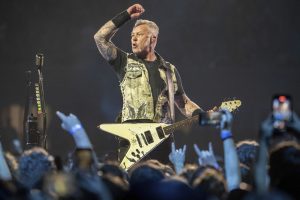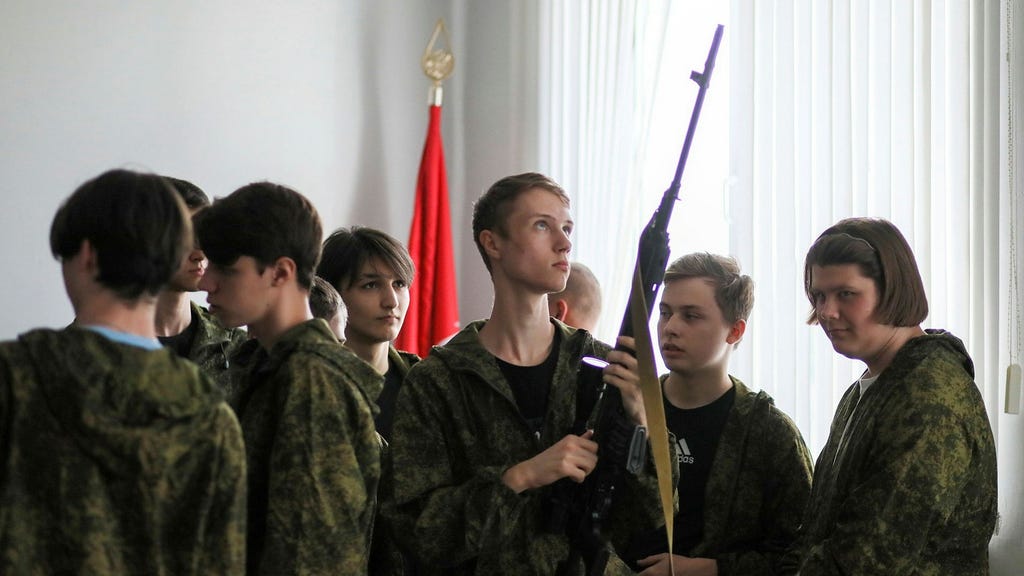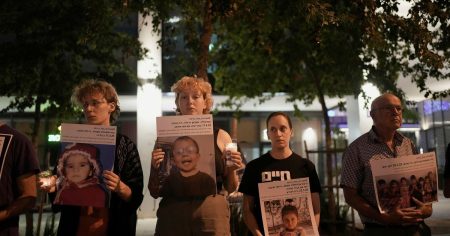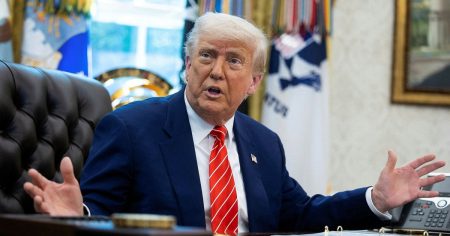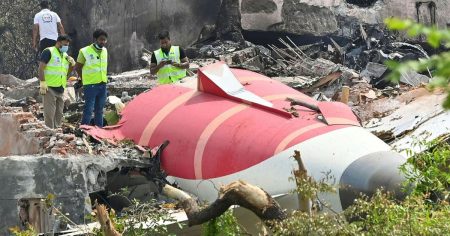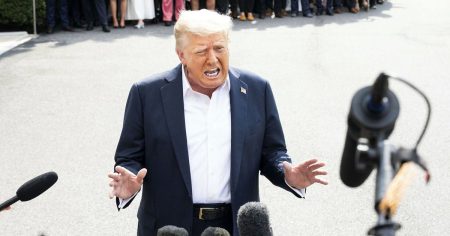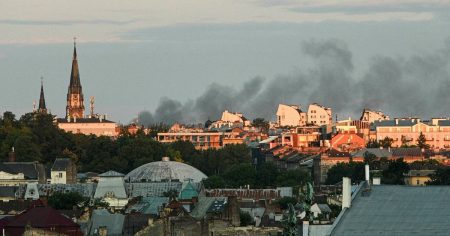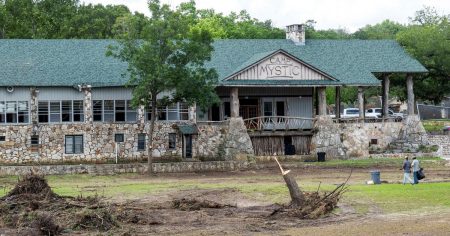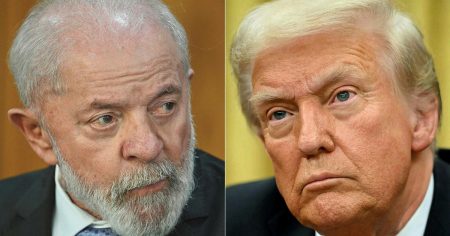The Kremlin’s recent announcement regarding the expansion of ”military-patriotic” education for Russian children in the coming year signals a significant escalation in the ongoing militarization of Russian society. This initiative, spearheaded by President Vladimir Putin, is not an isolated incident but rather the culmination of a long-standing, deliberate strategy to instill a culture of militarism and patriotism from a young age. This push towards militarization within the education system reflects a broader societal trend, emphasizing military values and preparedness in various aspects of Russian life. The implications of such a move are far-reaching, potentially impacting not only the future trajectory of Russian foreign policy but also the very fabric of Russian society and its relationship with the world.
The historical context for this development is crucial for understanding its significance. Russia has a long and complex history of intertwining military values with national identity, dating back centuries. From the Tsarist era to the Soviet period, military service and patriotic duty have been central themes in Russian culture. This historical legacy provides fertile ground for the current regime’s efforts to cultivate a militarized mindset amongst its youth. The emphasis on ”military-patriotic” education can be seen as a continuation of this historical trend, albeit with a renewed intensity and focus under Putin’s leadership. The current geopolitical climate, marked by tensions with the West and a renewed focus on great power competition, likely further fuels this drive towards militarization.
The specific content and implementation of these ”military-patriotic” programs are of particular concern. While the details remain somewhat opaque, reports suggest a curriculum encompassing not just basic military drills and physical training, but also a heavy dose of ideological indoctrination. This indoctrination likely includes narratives of Russian exceptionalism, historical revisionism regarding past conflicts, and the portrayal of external enemies threatening the nation’s security. Such programs raise serious questions about the potential for fostering a generation imbued with a narrow, nationalistic worldview, potentially hindering critical thinking and fostering intolerance towards differing perspectives. The long-term consequences of such indoctrination could be detrimental to the development of a well-rounded and informed citizenry capable of engaging in constructive dialogue within a pluralistic society.
The implications of this increased militarization extend beyond the educational sphere and permeate various aspects of Russian society. The prominence given to military parades, the glorification of military figures in popular culture, and the growing emphasis on military preparedness in public discourse all contribute to a climate where military values are increasingly normalized and celebrated. This normalization of militarism can have a profound impact on societal attitudes towards conflict resolution, international relations, and even domestic politics. It could lead to a greater acceptance of the use of force as a legitimate tool of foreign policy and a diminished willingness to engage in diplomatic solutions to international disputes.
The international community has expressed concern about the escalating militarization of Russian society, particularly in light of the ongoing conflict in Ukraine. This concern stems from the potential for such a militarized mindset to contribute to further regional instability and heighten the risk of miscalculation and escalation. The emphasis on patriotic education and the portrayal of external enemies could contribute to a climate of fear and mistrust, making it more difficult to achieve peaceful resolutions to international disputes. Furthermore, the increasing militarization of Russian society raises concerns about the potential for a renewed arms race and a heightened sense of insecurity amongst neighboring countries.
The long-term implications of this trend are difficult to predict with certainty, but they warrant careful consideration. The systematic indoctrination of youth with militaristic and nationalistic ideologies could have a lasting impact on Russian society, potentially shaping its political landscape and its relationship with the world for decades to come. It is essential for the international community to monitor these developments closely and to engage in dialogue with Russia to address concerns about the potential consequences of this escalating militarization. A focus on promoting peaceful conflict resolution, fostering intercultural understanding, and encouraging respect for human rights and democratic values is crucial to counteracting the negative effects of this trend and building a more secure and peaceful future. The future of Russia and its relationship with the world may hinge on how effectively these challenges are addressed.



